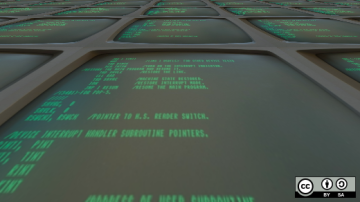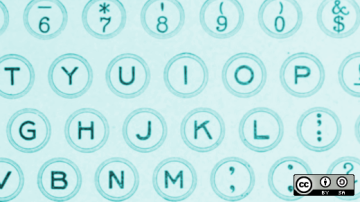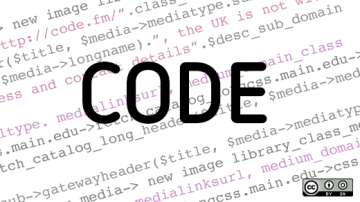
Seth Kenlon is a UNIX geek, free culture advocate, independent multimedia artist, and D&D nerd. He has worked in the film and computing industry, often at the same time. He is one of the maintainers of the Slackware-based multimedia production project Slackermedia.














Authored Comments
Hi KHORFOX, running the code as written, using bwbasic, definitely works as expected. I wonder if you might be encontering a difference in BASIC implementations, or else some shell escaping issue.
What BASIC are you running?
That's a great use for this. I might add that service on my desktop too.
I'm glad this article has helped!